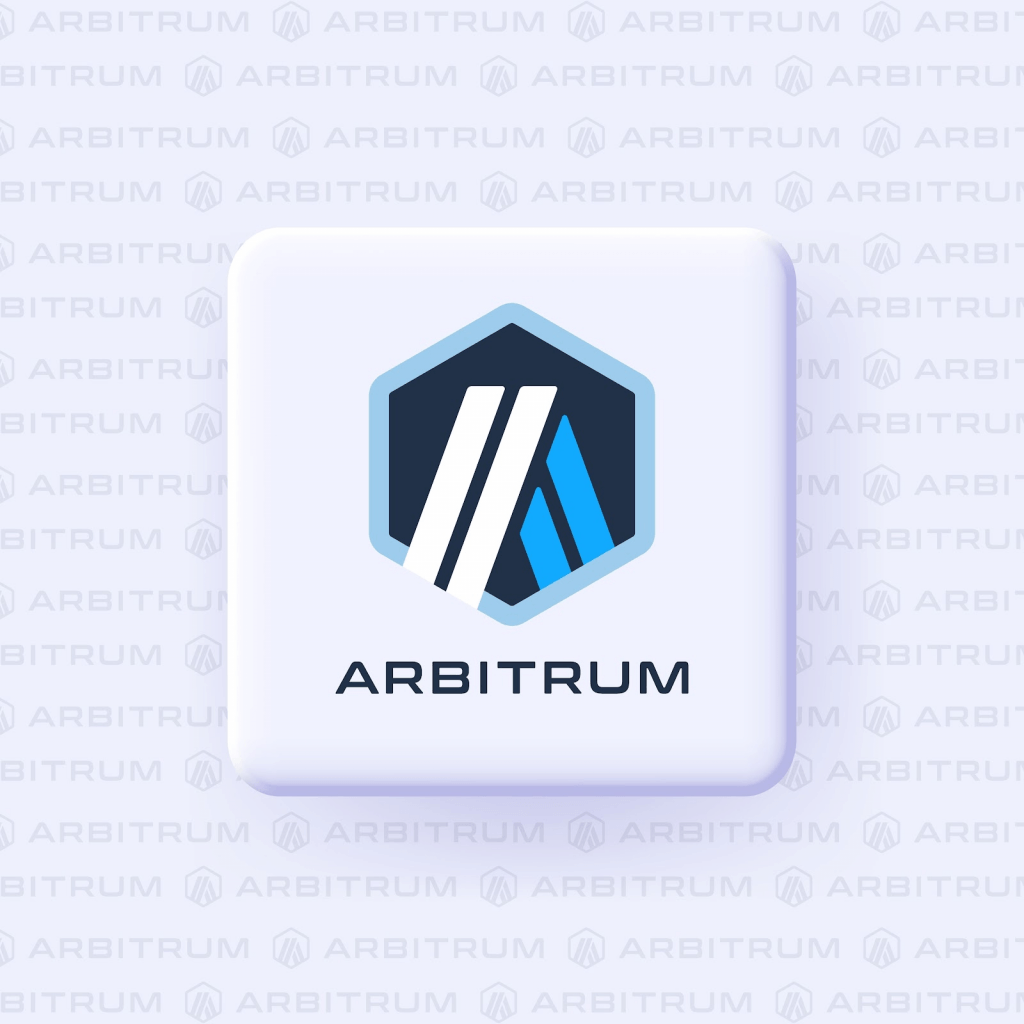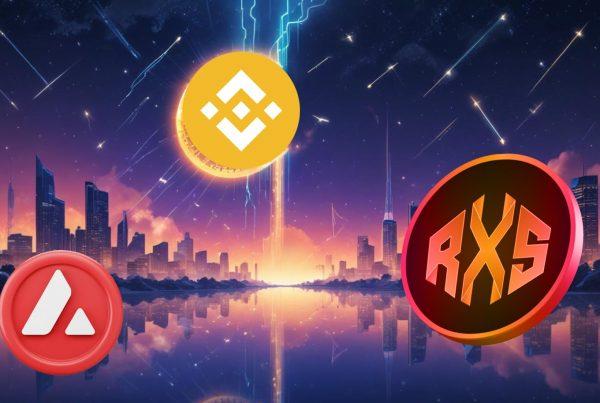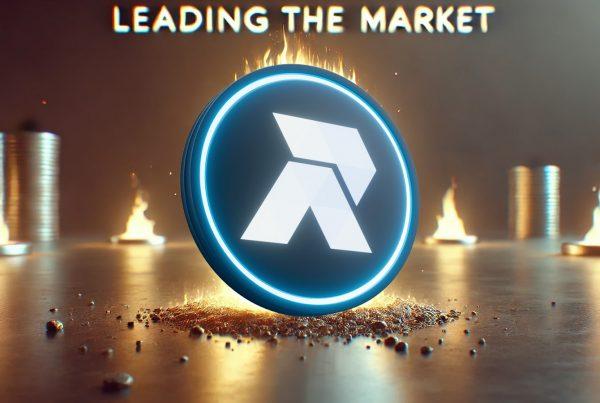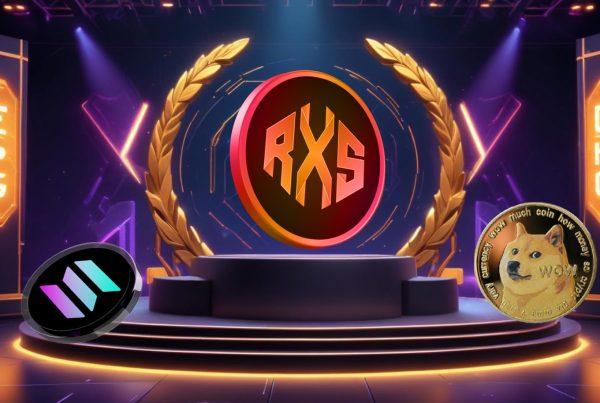
Arbitrum (ARB) is a Layer 2 scaling solution for Ethereum that was expected to revolutionize the DeFi space by improving the speed and reducing the cost of transactions. However, despite its promising start, ARB has failed to meet early expectations for a number of reasons.
One of the key factors that’s led people to fall out of love with the project is its high gas fees, which have limited its appeal to small-scale traders and investors alike. ARB’s gas fees are often higher than those of the Ethereum mainnet, which defeats the purpose of a scaling solution.
Another issue has been the slow adoption of ARB by major DeFi platforms. While a few projects have integrated with ARB, most DeFi protocols continue to rely on Ethereum, which naturally limits the potential impact of ARB.
On the other side of the fence, Aptos (APT) is a decentralized prediction market platform that has also fallen short of early expectations. One reason for this has been the limited liquidity on the platform, which has made it difficult for users to make accurate predictions and earn rewards – which somewhat defeats the purpose of the project in the first place.
Another issue has been the lack of integration with major DeFi protocols, which has limited the exposure of APT to a wider audience. Users have been crying out for this functionality for a while now but sadly not much progress has been made. Additionally, the complexity of the platform and the high gas fees required to use it have discouraged many potential users from participating.
Overall, both ARB and APT have faced significant challenges in meeting early expectations that have not been easy to overcome. While they both have promising features, such as scalability and decentralization issues, they will need to address the issues outlined above if they are to achieve their full potential within the ever competitive DeFi landscape.
A Brand New Coin Paving The Way
InQubeta is the world’s first crypto crowdfunding platform that allows fractional investment in AI start-ups using $QUBE tokens.
One of the main reasons it’s managed to pick up steam and outshine certain competitors, is due to the unique government system that comes with their QUBE token.
Here’s A Quick Breakdown On Why It’s So Special:
The $QUBE token created by InQubeta serves as a governance token that enables holders to engage in decision-making processes on the platform. $QUBE holders are able to suggest new features, propose improvements, and vote on a variety of topics related to the development, operation, and future direction of the platform. The governance system is structured as follows:
Proposal Submission: $QUBE holders can submit proposals for improvements or new features that they believe would benefit the InQubeta ecosystem. Proposals can include updates to InQubeta’s NFT marketplace, marketing strategies, and community initiatives.
Community Discussion: Once a proposal has been submitted, the community engages in group discussions to evaluate the idea’s merits, provide feedback, and recommend modifications. This inclusive and collaborative decision-making process ensures that diverse perspectives are taken into account and the project moves forward in a constructive and cohesive way.
Proposal Voting: After thorough discussion, $QUBE token holders vote on the proposed ideas. The weight of each holder’s vote is determined by the number of $QUBE tokens they hold, which then gives those with a larger stake in the platform a greater influence on its direction.
Approved Proposal Implementation: If a proposal receives sufficient support from the community, the InQubeta team will work towards implementing the approved changes, which allows the platform to evolve and adapt based on the community’s input.
InQubeta’s decision to transform the $QUBE token into a governance token emphasizes the creation of a democratic and community-driven ecosystem. This new function promotes active participation from token holders, allowing them to shape the platform’s future and contribute to the growth and success of AI technology start-ups.
In conclusion, this governance system ensures that all stakeholders’ opinions are heard and accounted for, leading to a more equitable and inclusive platform which has led to people raving about the InQubeta project as one that will last for years to come – as AI continues to evolve exponentially.
For more information on InQubeta visit the website & join the presale
Become a part of the community for regular updates.
Disclaimer: This is a sponsored article. The views and opinions presented in this article do not necessarily reflect the views of CoinCheckup. The content of this article should not be considered as investment advice. Always do your own research before deciding to buy, sell or transfer any crypto assets.



